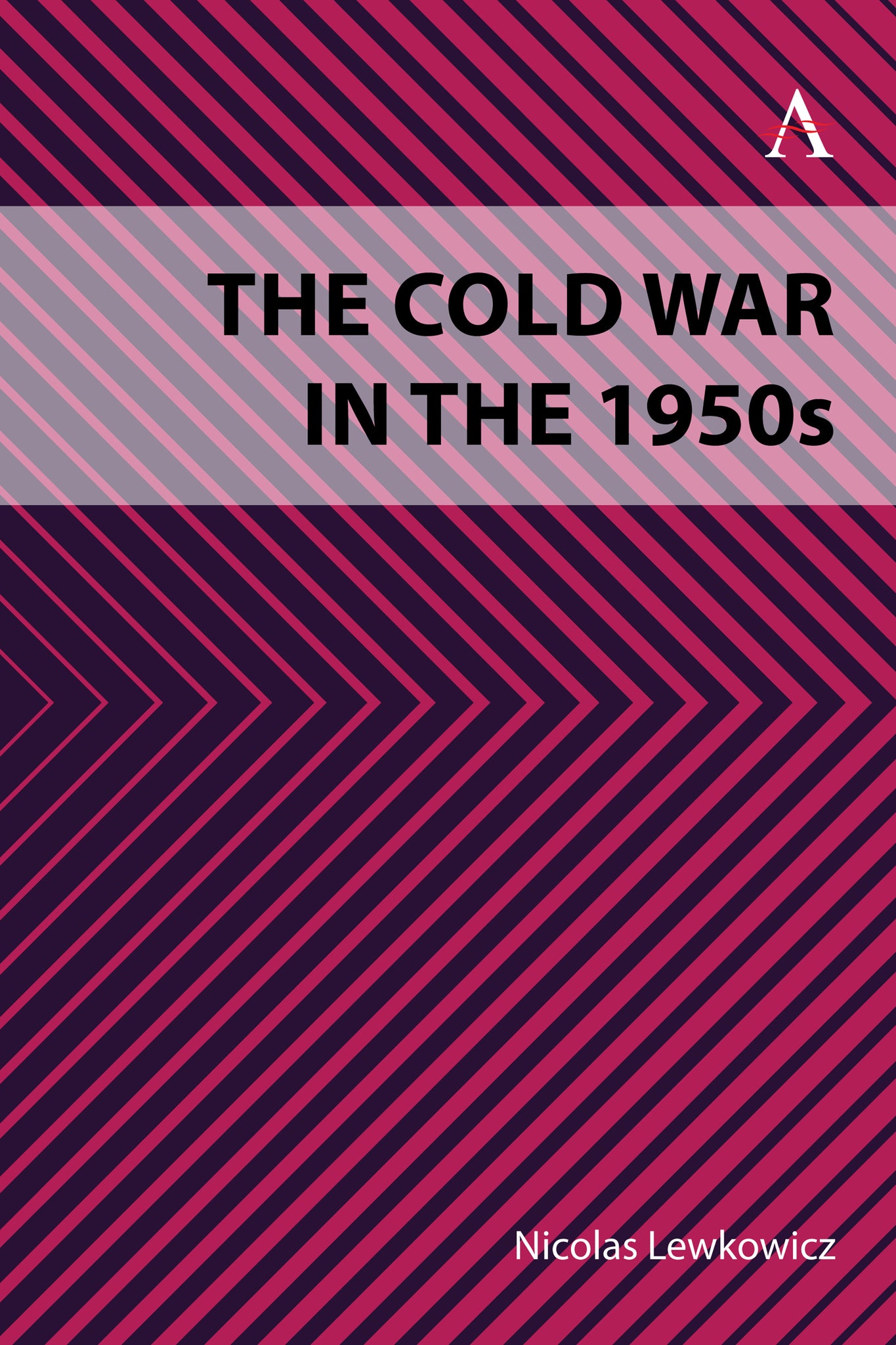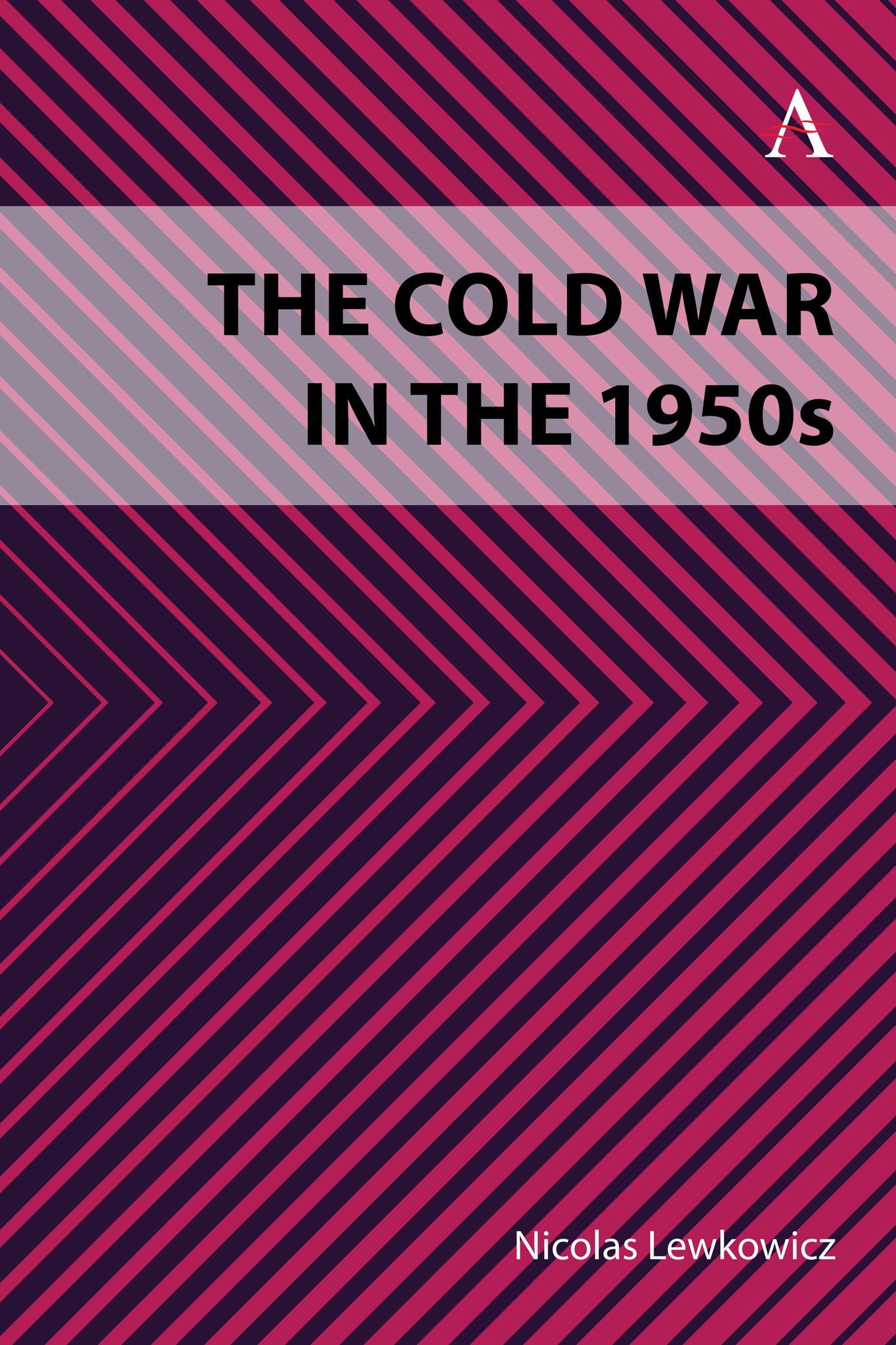We're sorry. An error has occurred
Please cancel or retry.
The Cold War in the 1950s

Some error occured while loading the Quick View. Please close the Quick View and try reloading the page.
Couldn't load pickup availability
- Format:
-
12 March 2024

The book claims that the United States and the Soviet Union attained the mastery of the international order by projecting universalist values that responded to the particularist markers of the domestic order that was generated in the 1950s. The geopolitical orientation adopted by the superpowers in the 1950s was shaped by the way in which their societies developed politically, socially and economically in the 1950s. The main argument of this book is that the quest for the mastery of the international order that informed superpower relations in the 1950s was guided by the need to respond to the local circumstances that emerged in the United States and the Soviet Union. The particularist markers that arose in the 1950s led to the establishment of a geopolitical project underpinned by certain universalist values that could be applied in order to build the superpowers’ sphere of influence.

POLITICAL SCIENCE / Geopolitics, History, POLITICAL SCIENCE / International Relations / General, POLITICAL SCIENCE / History & Theory, General and world history, European history

“The Cold War in the 1950s by Nicolas Lewkowicz is a comprehensive exploration of the ideological underpinnings of the global conflict that defined the post–World War II era. Through a detailed analysis of American exceptionalism and Soviet communism, Lewkowicz examines how metapolitics, faith, dominion, and managerialism shaped the foreign policies of these two superpowers. The book’s six chapters delve into topics such as the intellectual construction of communism, the centralization of power, and the nonuniversalist notion of history. With its meticulous research and insightful analysis, The Cold War in the 1950s offers a fascinating glimpse into a pivotal period in world history.” —Hamdy Hassan, Zayed University, United Arab Emirates.
Introduction. The Unfoldment of the Cold War in the 1950s; 1. The Ideological Construction of the Cold War in the 1950s; 2.Faith, Dominion, and Managerialism: The Particularistic Markers of the Notion of American Exceptionalism in the 1950s; 3.Communism, Eurasianism, and Despotism: The Markers of Soviet Foreign Policy in the 1950s; 4.The Unidirectionality of History and Improving the World: Universalism in the Notion of American Exceptionalism; 5. A National Version of Marxism, Redemptionism, and a Nonuniversalist Notion of History; 6.Centralization of Power and the Mastery of the
International Order; Bibliography; Index



